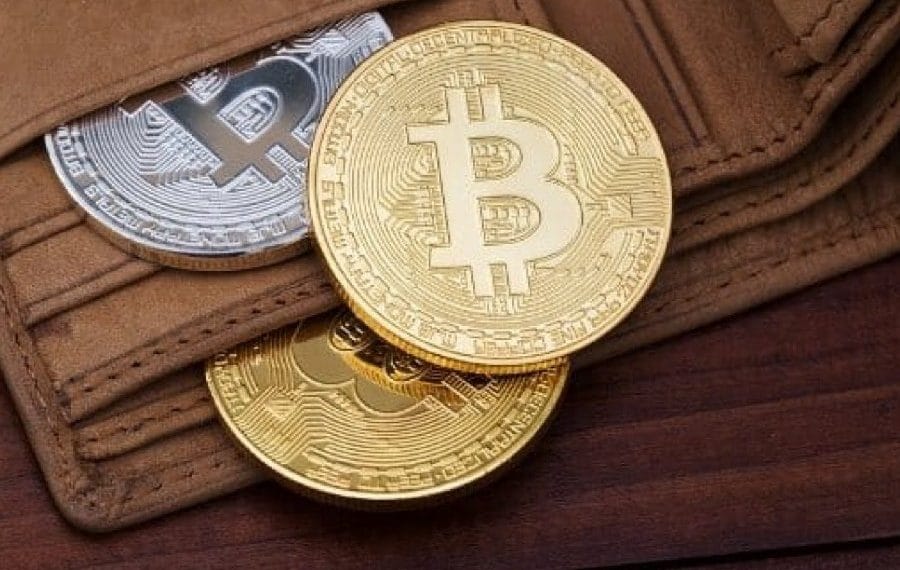Bitcoin’s value has gone up and then its value comes down again. And over years it has taken investors on a rollercoaster trip, and everyone interested in the cryptocurrency. Only time will tell whether Bitcoin, unsuccessful when it was first released in 2009, will proceed to rise, or whether the market will crash and cause more users to sell Bitcoin short.
Yet one thing is certain: The rapid rise of Bitcoin has drawn a lot of attention. People might not know Bitcoin’s technology or ideology, but they do see tales of early adopters and experienced investors who converted just a thousand bucks into millions as the value of Bitcoin rising as it did in 2017. If you are interested in bitcoin trading you must be aware of types of bitcoin wallets
Yet anyone who chases the money could even fall victim to unscrupulous con men and scammers who just as quickly commit Bitcoin scams. Perhaps one cryptocurrency advantages are that it is government-unregulated and very private. Yet that makes Bitcoin theft ripe too.

Scam1: Fake Bitcoin Exchanges
In 2017, one of the most notorious Bitcoin scams was revealed by South Korean finance authorities and the local Bitcoin community: a fraudulent exchange named BitKRX. It placed itself as part of a massive trading network of the nation, and collected cash from the users.
Scam2: Ponzi Schemes
One of the most well-known Ponzi schemes maybe Bernie Madoff. He did so with investments from the mainstream. And you can interpret the idea of a pyramid scheme to Bitcoin schemes, where you’re collecting cash from new customers to pay for previous customers. In 2019, three people were charged in a cryptocurrency fraud scheme worth $722 million. For years the men have run the Bit Club Network. The scheme sought cash from creditors in acquiring shares in crypto mining pools. The system, in exchange for shares in cryptocurrency mining pools, received capital from investors. This has recently also compensated investors for attracting new customers.
Scam3: Fake Cryptocurrencies
That scam is to view Bitcoin as an option to a new cryptocurrency. The hypothesis is that cash in on Bitcoin would be too late and you’re going to have to spend in these cryptocurrencies that are increasing up and coming. The scammers next to My Big Coin stole $6 million from clients to trade in the fake coin, and then shifted their money to private bank accounts.
Scam4: Old School Scams
If anyone contacted or rang and has said they are from the IRS, should you pass them cash, and you owed late fees that had to be paid promptly? Sadly, a lot of people do. Apart from allowing the suspect transfer money via Western Union or moving funds to a bank account, scam attackers contact criminals and claim that the victims transfer bitcoins. The best way to stop this scheme is to be suspicious of a government agency’s phone calls or emails. Legitimate officials will not approach you like this — and would not ask for bitcoins.
Scam5: Malware
Since hackers obtain passwords needed to access computer networks or snatch your credit card and bank number, malware has been away for long. Presently they use it to carry out some of the most popular Bitcoin fraud. When your Bitcoin wallet is linked via the Internet, if you don’t protect yourself from hackers, they will use hackers to get access and drain your funds.






